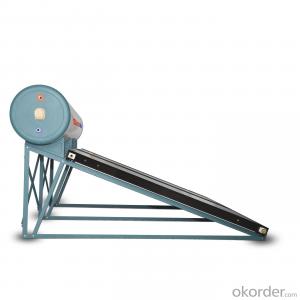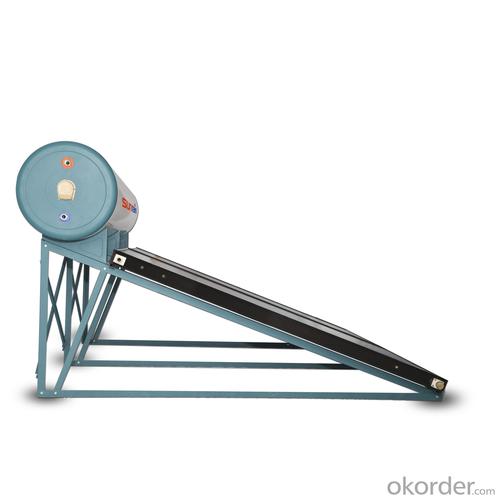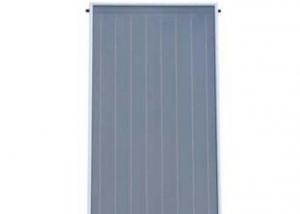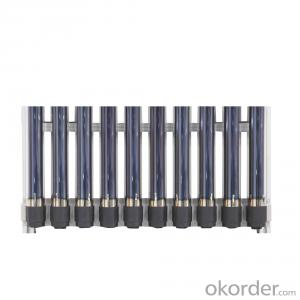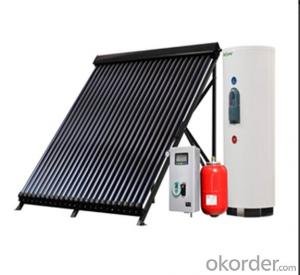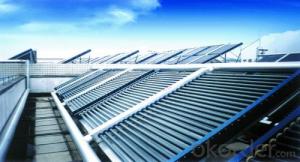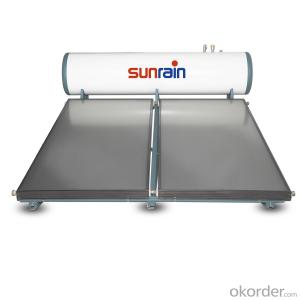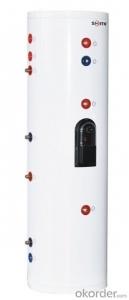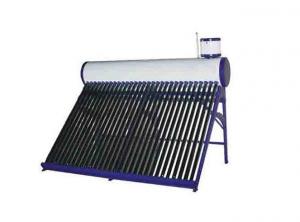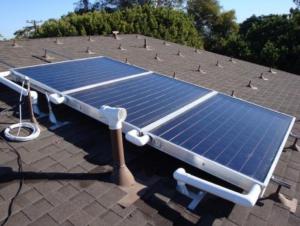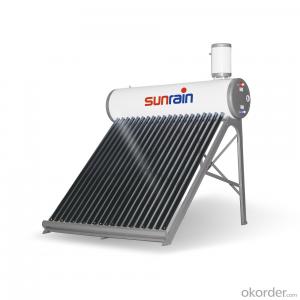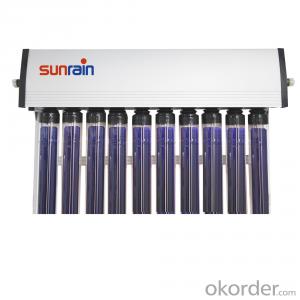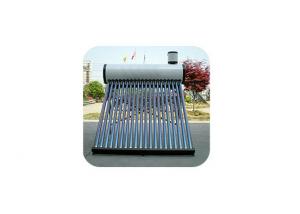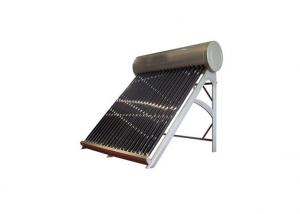Pressurized Flat Plate Solar Water Heater Controller
- Loading Port:
- China Main Port
- Payment Terms:
- TT OR LC
- Min Order Qty:
- -
- Supply Capability:
- -
OKorder Service Pledge
Quality Product, Order Online Tracking, Timely Delivery
OKorder Financial Service
Credit Rating, Credit Services, Credit Purchasing
You Might Also Like
| Type | Flat plate |
| Pressure | Pressurized |
| Circulation Type | Direct /Open Loop (Active) |
| Heating System | Thermosyphon (Passive) |
| Connection Type | Direct-Plug |
| Certification | CE |
| Model Number | PFPS1150, 1200,1300 |
| Recommend region | world wide |
- Q: Can a solar water heater be used in areas with hard water?
- Yes, a solar water heater can be used in areas with hard water. However, it is important to note that hard water can cause mineral deposits to build up inside the system, reducing its efficiency over time. Regular maintenance and periodic descaling are recommended to prevent any issues and ensure optimal performance.
- Q: Can a solar water heater be used in areas with limited access to hydrogen fuel cells?
- Yes, a solar water heater can be used in areas with limited access to hydrogen fuel cells. Solar water heaters use the sun's energy to heat water, without the need for any hydrogen fuel cells. They are independent of hydrogen fuel cells and can operate effectively in areas where hydrogen fuel cells are not readily available.
- Q: Are there any limitations on the placement of a solar water heater on a building?
- Yes, there are some limitations on the placement of a solar water heater on a building. The primary limitation is the availability of direct sunlight. Solar water heaters need to be installed in a location that receives ample sunlight throughout the day, preferably facing south. Additionally, there should be enough space on the roof or ground for the solar panels and water storage tank. Local building codes and regulations may also have specific requirements or restrictions on the placement of solar water heaters.
- Q: Can a solar water heater be used in areas with high levels of saltwater?
- Yes, a solar water heater can be used in areas with high levels of saltwater. However, it is important to use materials that are resistant to corrosion caused by the saltwater. Regular maintenance and proper cleaning of the system are also crucial to ensure its longevity and efficiency in such areas.
- Q: Can a solar water heater be used in areas with strict homeowners' associations?
- Yes, a solar water heater can generally be used in areas with strict homeowners' associations, but it may depend on the specific rules and regulations set by each association. Some associations may have restrictions on the installation or appearance of solar panels, which can include solar water heaters. However, many associations have started to recognize the environmental benefits of solar energy and have adopted more lenient policies regarding their use. It is advisable to consult with the homeowners' association or review their guidelines to determine if a solar water heater is allowed in a specific area.
- Q: Can a solar water heater be used in areas with high wind speed?
- Yes, a solar water heater can be used in areas with high wind speed. However, it is important to consider the potential impact of strong winds on the system's performance and durability. High wind speeds can affect the overall efficiency of the solar water heater by causing heat losses through convection. In addition, strong winds can potentially damage or displace the solar panels, the collector, or the storage tank if they are not properly secured or designed to withstand such conditions. To mitigate the impact of high wind speeds, it is advisable to install the solar water heater in a location that is sheltered from direct exposure to strong winds, such as behind a building or in a protected area. Additionally, it is crucial to ensure that the system is securely anchored to prevent any movement or damage. Reinforcing the mounting structure and using appropriate mounting brackets and fasteners can further enhance the system's resilience against high winds. Moreover, selecting a solar water heater model that is specifically designed for high wind areas is recommended. These models often include additional features such as wind deflectors or streamlined designs that minimize the impact of wind on the system's performance. Overall, while it is possible to use a solar water heater in areas with high wind speed, careful consideration must be given to the system's installation, design, and maintenance to ensure its optimal performance and longevity in such conditions.
- Q: Can a solar water heater be used in off-grid locations?
- Yes, a solar water heater can be used in off-grid locations. Since solar water heaters rely on the energy from the sun, they are ideal for off-grid locations where access to electricity may be limited or unavailable. By harnessing solar energy, these systems can provide a sustainable and cost-effective solution for heating water without the need for a traditional power source.
- Q: What is the role of antifreeze in a solar water heater?
- The role of antifreeze in a solar water heater is to prevent the water or heat transfer fluid from freezing in cold weather conditions. Antifreeze is added to the system to lower the freezing point of the fluid, ensuring that the solar water heater can continue to operate efficiently even in low temperatures.
- Q: Can a solar water heater be used in areas with high levels of saltwater corrosion?
- No, a solar water heater should not be used in areas with high levels of saltwater corrosion. Saltwater can cause significant damage to the components of a solar water heater, leading to reduced efficiency and potential system failure. It is advisable to use alternative heating methods or consider additional protective measures in such areas.
- Q: How does the angle of the solar panels affect the efficiency of a solar water heater?
- The angle of the solar panels significantly affects the efficiency of a solar water heater. By adjusting the angle, the panels can maximize their exposure to the sun's rays, which in turn increases the amount of solar energy captured. When the panels are tilted towards the sun at an optimal angle, they can absorb sunlight more effectively, resulting in higher efficiency and improved heating performance of the solar water heater.
Send your message to us
Pressurized Flat Plate Solar Water Heater Controller
- Loading Port:
- China Main Port
- Payment Terms:
- TT OR LC
- Min Order Qty:
- -
- Supply Capability:
- -
OKorder Service Pledge
Quality Product, Order Online Tracking, Timely Delivery
OKorder Financial Service
Credit Rating, Credit Services, Credit Purchasing
Similar products
Hot products
Hot Searches
Related keywords
